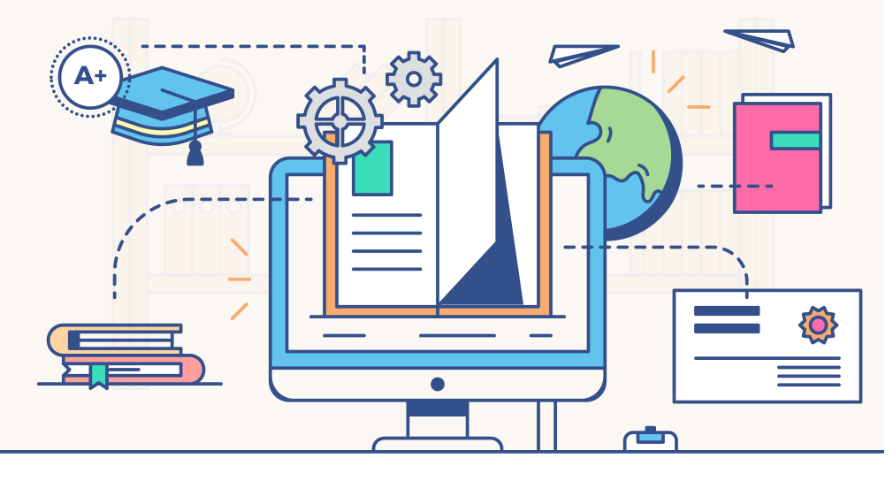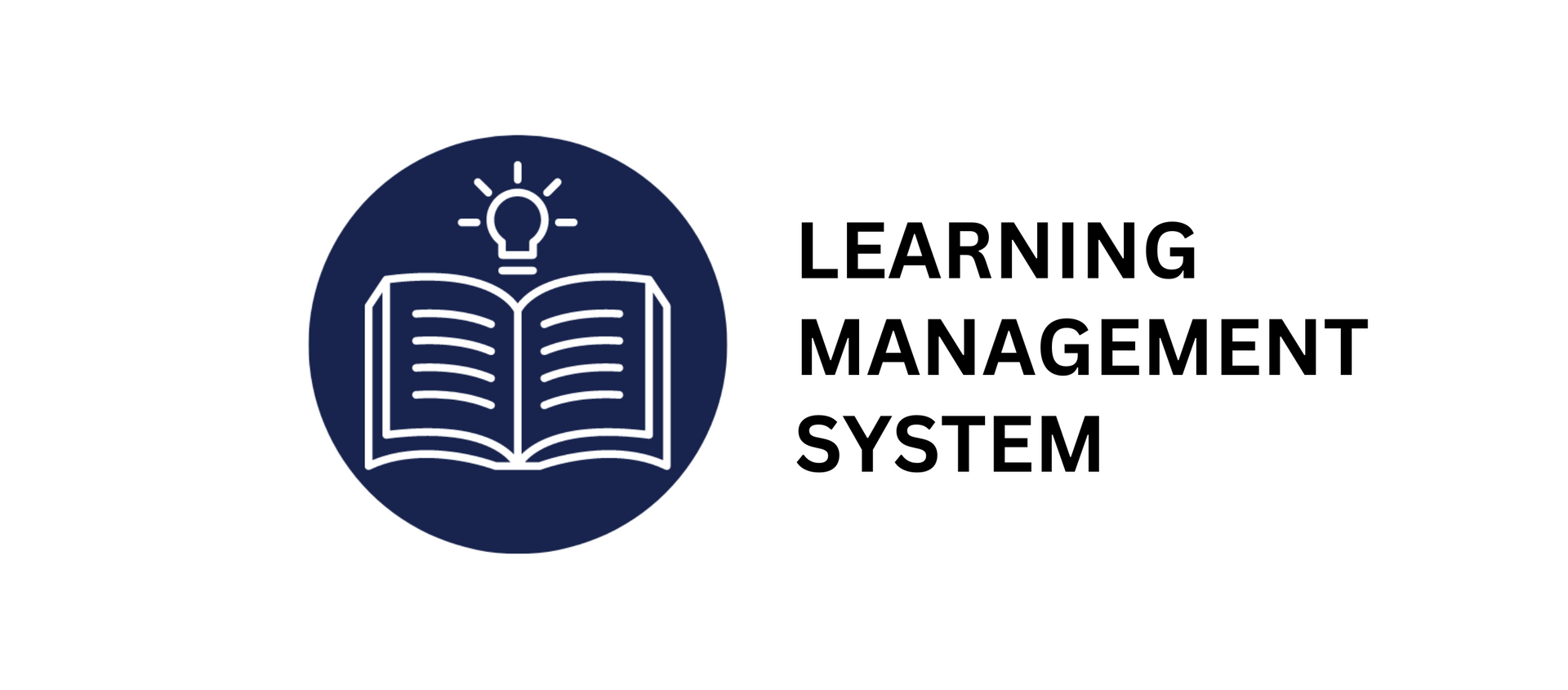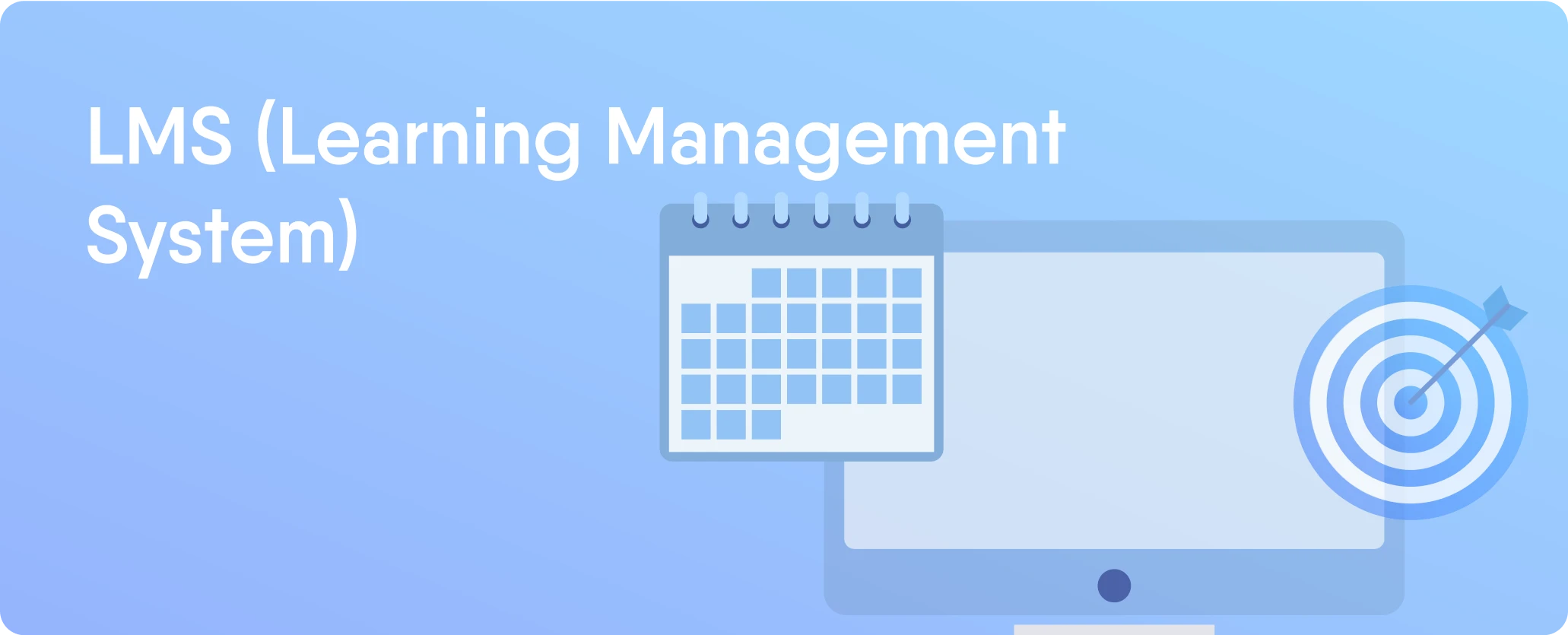LMS SG: Benefits of Taking On a Learning Management System for Your Organization
LMS SG: Benefits of Taking On a Learning Management System for Your Organization
Blog Article
Picking the most effective Knowing Management System for Your Organization
Choosing the optimal Understanding Management System (LMS) for your organization is a complex decision that requires cautious consideration of numerous components. From defining accurate knowing objectives that reverberate with your calculated vision to reviewing customer experience, each factor plays a crucial duty in the total effectiveness of the system. Furthermore, recognizing integration capacities and ensuring scalability for future needs can not be ignored. As organizations pursue performance and growth, the selection of an LMS becomes increasingly significant. What are the essential factors to consider that can affect your decision-making process?
Specify Your Discovering Purposes
Specifying clear understanding goals is vital for the effective execution of a Learning Administration System (LMS) These purposes serve as a roadmap, guiding the development of material, assessments, and general educational techniques within the LMS. By establishing specific, quantifiable, possible, pertinent, and time-bound (WISE) goals, companies can ensure that the learning experiences are lined up with their calculated purposes and learner requirements.
Efficient discovering objectives should encapsulate what students are anticipated to understand or be able to do upon conclusion of a course or training program. This quality not only help in content production yet additionally helps with the assessment of student progress and the overall effectiveness of the LMS. Canvas Singapore. Distinct goals enable stakeholders to examine whether the picked LMS functionalities and functions straighten with their instructional objectives.
Assess Customer Experience
Once discovering goals have been developed, assessing individual experience comes to be an important following action in picking a suitable Discovering Management System (LMS) Customer experience includes the general fulfillment and ease with which learners interact with the system. A well-designed LMS needs to facilitate user-friendly navigation, guaranteeing that users can situate courses, materials, and support easily.
To analyze individual experience, consider performing functionality screening with a depictive example of end-users. Key variables to evaluate include the LMS's interface design, access attributes, mobile compatibility, and the clearness of instructions provided.
In addition, examine the accessibility of support resources, such as tutorials and aid centers, which can improve the user experience. The responsiveness of client assistance is also crucial; prompt aid can dramatically alleviate irritations that individuals may experience. Eventually, picking an LMS that focuses on user experience not only improves the finding out procedure but also fosters greater involvement and contentment amongst learners.

Evaluate Integration Capabilities
Acknowledging the relevance of smooth capability, evaluating assimilation capacities is essential when choosing a Knowing Management System (LMS) An effective LMS must assist in interoperability with existing systems, such as Human Resource Management Solution (HRMS), Consumer Partnership Monitoring (CRM) platforms, and other educational tools. This assimilation enhances information circulation, reduces administrative worries, and makes certain a natural knowing setting.
When examining an LMS, think about the kinds of combinations offered. Try To Find Application Programs Interfaces (APIs), Single Sign-On (SSO) capacities, and pre-built ports that streamline integration procedures. Additionally, confirm the LMS's capacity to integrate with third-party tools, such as material libraries or analysis platforms, which can dramatically enhance the knowing experience.

Think About Scalability and Versatility
As organizations develop, the capacity of a Learning Management System (LMS) to scale and adapt becomes significantly essential. A scalable LMS can fit development in individual numbers, course offerings, and material without compromising efficiency or customer experience. As companies increase, whether via boosted workers, brand-new locations, or varied training needs, the LMS should seamlessly grow alongside these modifications.
Flexibility is just as essential; a reliable LMS should support various finding out techniques, such as online, mixed, and mobile learning. This flexibility permits companies to respond promptly to arising trends in training and growth, ensuring that they can use appealing and appropriate learning experiences - Learning Management System Singapore. Additionally, the system ought to offer customizable features, allowing companies to tailor the LMS to their details requirements and branding
In addition, a flexible LMS ought to incorporate easily with existing platforms and tools, facilitating a cohesive understanding community. Therefore, when selecting an LMS, it is important to examine not only its current capacities however likewise its potential to adapt and expand abreast with the company's calculated objectives and evolving finding out needs. This insight can considerably improve the long-term practicality of the selected LMS.
Evaluation Prices and Budgeting
When assessing a Knowing Management System (LMS), examining costs and budgeting is vital to guarantee that the investment straightens with the company's calculated objectives and economic abilities. Organizations ought to start by determining our website the overall price of possession, that includes licensing costs, application costs, upkeep, and any type of additional expenses such as training and technological support.
It is critical to compare different LMS alternatives, as pricing designs can vary significantly amongst suppliers. Some systems may supply a subscription-based model, while others may bill an one-time cost. Organizations must also take into consideration the scalability of the LMS; as they expand, the cost framework might alter, affecting lasting budgeting.

Conclusion
Selecting a suitable Learning Monitoring System (LMS) is important for accomplishing business learning objectives. An extensive examination of customer experience, integration capabilities, scalability, and financial factors to consider makes certain that the chosen LMS aligns with tactical objectives and learner needs. By systematically attending to these variables, companies can boost finding out end results, promote smooth procedures, and assistance future development. Eventually, the ideal LMS offers as an essential device in promoting an efficient discovering atmosphere and driving organizational success.
Selecting the optimum Understanding Administration System (LMS) for your organization is a multifaceted choice that needs careful factor to consider of various elements.Specifying clear understanding goals is vital for the successful execution of a Discovering Administration System (LMS)Once learning goals have been developed, assessing user experience comes to be an important following step in picking a proper Learning Administration System (LMS)As companies progress, the ability of an Understanding Administration System (LMS) article source to range and adapt comes to be increasingly vital.Selecting an ideal Learning Administration System (LMS) is important for attaining organizational knowing purposes.
Report this page